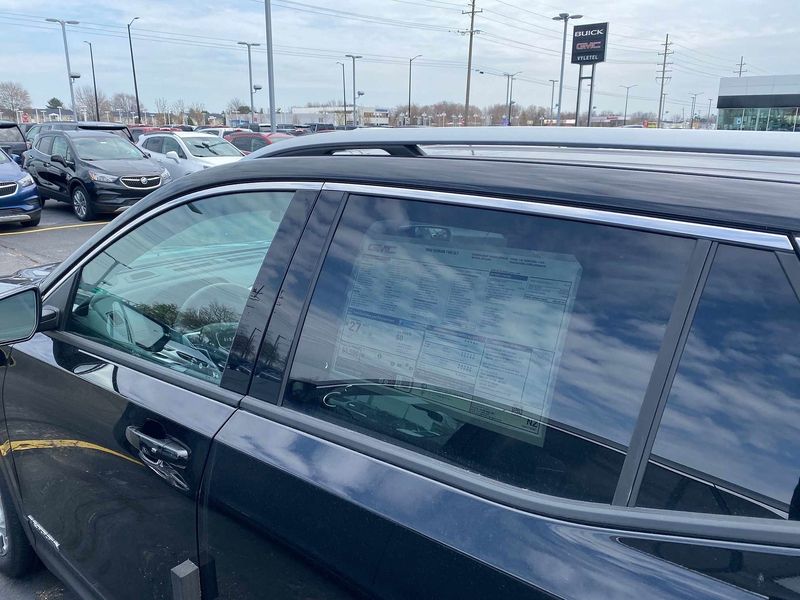
Big incentives from General Motors helped GM Financial increase auto loan originations by double digits in the second quarter, even as many dealerships had to temporarily close or limit operations because of the coronavirus pandemic.
GM’s captive finance arm said in a statement last week that auto loan originations rose 22 percent from the same period of 2019 to $8.7 billion. Generous incentive programs geared toward prime credit buyers, including 0 percent financing for 84 months and 120-day payment deferrals, drove much of the growth.
“That attracted very strong traffic into the showroom,” CEO Dan Berce told Automotive News. Many customers who didn’t qualify for the 0-for-84 offer took advantage of other promotions through GM Financial, he said.
GM Financial provided floorplan financing for 30 percent of GM dealers in the quarter, up from 27 percent a year earlier. Floorplan dealers are more likely to finance auto loans through GM Financial, so “the more floorplan dealers we get, the more that benefits our penetration as well,” Berce said.
But as the number of new loans climbed, lease originations plunged 46 percent to $3.2 billion in the second quarter. Dealerships in major leasing markets, including Michigan and New York, were closed for much of the period because of the pandemic, and attractive loan offers drew more customers to finance instead of lease.
GM Financial deferred 127,000 accounts from mid-March to mid-June to help customers weather the pandemic. As of July 26, 80 percent made their next scheduled payment on time, 5 percent had not reached their first due date after the deferral, 1 percent received an additional payment deferral, and about 14 percent were at least one day past their due date.
“When we launched the deferral program toward middle to late March, we were quite concerned about how consumer credit would develop during the pandemic,” Berce said. “We have been surprised at, No. 1, the low level of delinquencies and defaults we’re seeing and, No. 2, the fact that payment performance on the deferrals we made is really quite good.”
Reduced consumer spending and government stimulus checks put more cash in customers’ pockets to pay their auto loans on time, he said.
“If you compare the performance on payment deferrals we made during the pandemic to any other period in our history where we’ve routinely made deferments, the performance is just meaningfully better,” he said.
The average delinquency rate of the captive’s entire portfolio was 3.5 percent, compared with 3.7 percent a year earlier.
GM Financial expects a weaker second half of the year, with government support programs potentially expiring and the unemployment rate remaining high.
GM Financial paid another $400 million dividend to GM in June, bringing the total to $800 million year to date. Berce said GM Financial is unlikely to make another payment to its parent this year. “But that’s fluid. It could change,” he added.
GM Financial’s revenue fell 6 percent in the quarter to $3.4 billion, while net income plummeted 57 percent to $173 million. The lower profit primarily was driven by “higher credit provisions for loss expectations associated with the impact of COVID-19 and accelerated depreciation expense due to expected lower residual values,” Berce said.
The captive’s used-car pricing remained strong through the end of July, but Berce expects used-vehicle values to worsen in the second half as lease returns grow and repossessions increase.